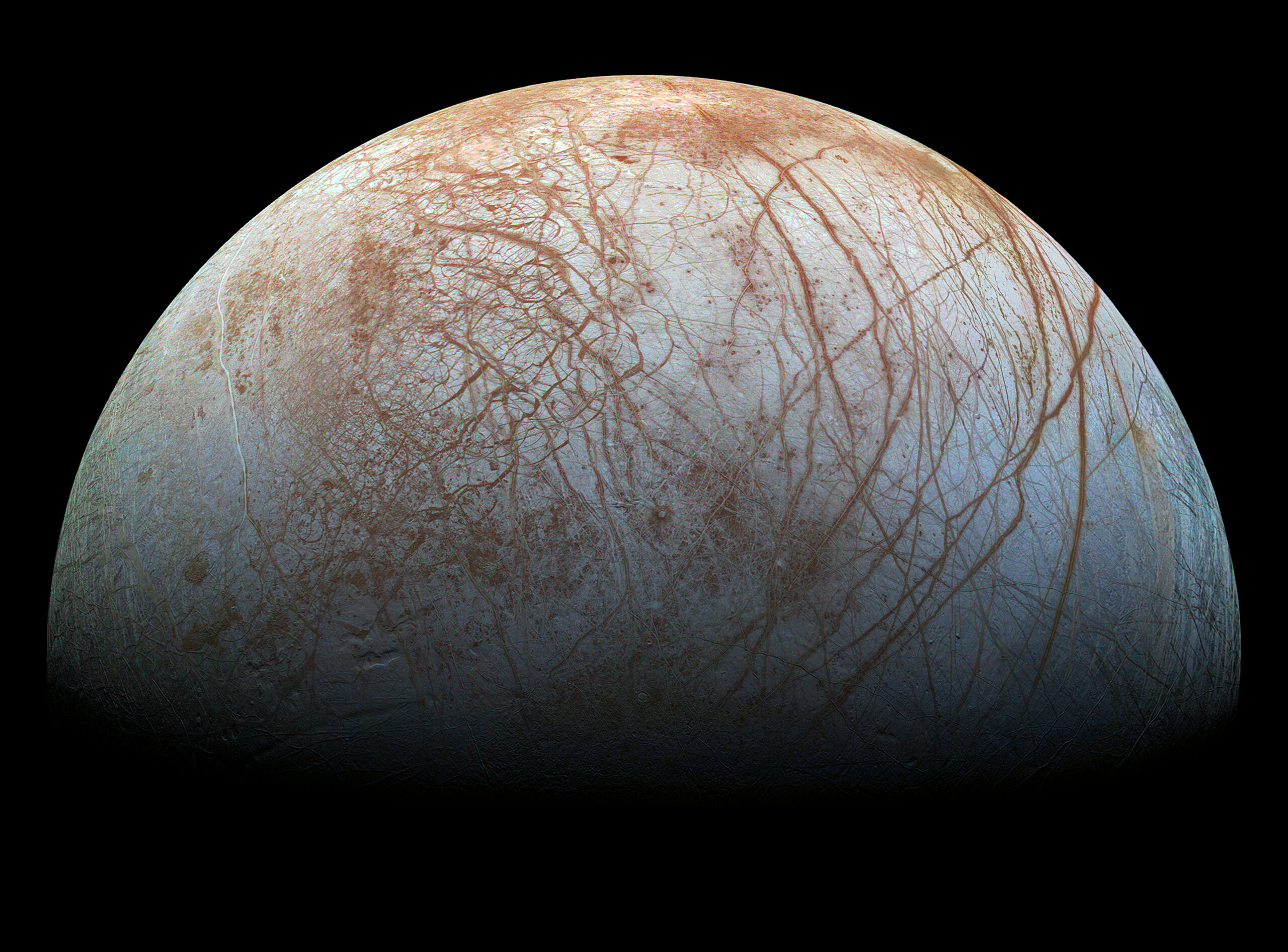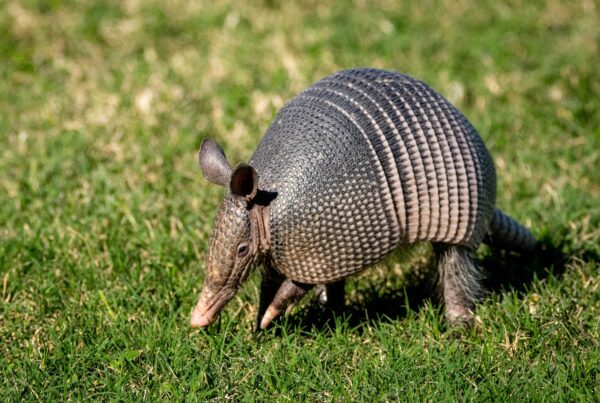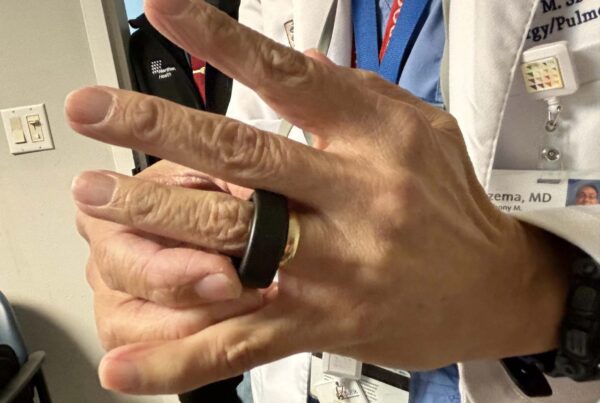2024 is well underway, and with every new year comes big plans for the future.
Some people start their fitness journeys, others organize their reading lists… and some finalize plans for space travel.
This year, NASA and other space agencies around the world are gearing up to explore the solar system. For a celestial breakdown of what to expect in 2024, Ali Bramson, planetary scientist and assistant professor at Purdue University, joined the Standard. Listen to the interview above or read the transcript below.
This transcript has been edited lightly for clarity:
Texas Standard: One of the missions on your radar is Europa Clipper, where NASA is looking to explore one of Jupiter’s moons. Tell us more about that.
Ali Bramson: So Europa is a moon of Jupiter. It’s one of the largest moons. It’s slightly smaller than our own moon, and its surface is made of ice. But beneath that ice is a subsurface ocean that has more than twice as much water as our own oceans here on Earth. So it’s a really interesting place.
We call these bodies in our solar system “ocean worlds,” because they have these subsurface oceans, and there’s so much that we don’t know about ocean worlds and if they could be habitable. And so a big question is, could Europa have the right conditions to harbor some sort of life?
Lift off for this project is set for when?
So the launch window opens Oct. 10 of this year and it will be open for about 21 days.
And so what we mean by the “launch window” is what’s the window of time that it could launch and achieve its planned trajectory or route to get to Europa? So this will be launching sometime in October.
Let’s talk a little bit about Artemis 2. A lot of excitement around this NASA mission to send astronauts back to the moon for the first time since the early 1970s. Tell us more about what they’re hoping to do. They’re not going to land with Artemis 2, are they?
Correct. So Artemis 2 is going to send humans into orbit around the moon. The follow up mission to that will be to land humans on the surface of the moon. But this is really the key next step.
So Artemis 1, which happened in late 2022, sent just an uncrewed capsule into orbit around the moon. And now the plan is to put people on the capsule. And so this is still a really important step to get people back on the surface of the moon – first, you know, putting them into orbit before we go and do that big step.
» RELATED: Astronaut Christina Koch on NASA’s upcoming Artemis 2 mission
When we get to that big step, are we talking about a permanent base? I know that that’s been in the dream stage for quite some time, but when we get to Artemis 3, is that what we’re talking about?
Eventually. Not necessarily with Artemis 3, but, part of Artemis and the overall Moon to Mars program that NASA has is to make space exploration more of a sustainable, long term thing rather than just these, like, one-off missions.
And so Artemis is part of that with the plans to eventually be able to get people there in a longer term sense, kind of like we had with the International Space Station, where we’ve had people there for a long time. But doing that on the surface of the moon.
We have something called VIPER coming up. That’s another NASA mission looking for water on our own lunar surface. Is that right?
Yeah, so VIPER is this golf cart-sized rover that will be sent to the south pole of the moon to look for water resources there ahead of sending humans to the south pole of the moon.
What are you most excited about as a professor and planetary scientist?
It’s hard to pick. I’m really excited about, you know, all the things coming up in space exploration.
Europa Clipper will revolutionize our understanding of, like I said, these ocean worlds that we still don’t know much about. But also understanding ice on the moon – through Viper, through Artemis, through the lunar missions – I’m really excited about, too, because we still don’t understand how much water is on the moon, how it got there. There’s just so much we don’t know about the solar system, so I’m excited about a lot of things.
» RELATED: Life on Mars? NASA is studying how people would handle living on a space base
You think this year has the potential to inspire folks the way that, say, the late 60s, early 70s did? There seemed to be so much excitement built up around the space program.
Yeah, I hope so.
I mean, I think Artemis is really designed to be a follow up to Apollo. I mean, Artemis is named after Apollo’s twin sister in Greek mythology. And I think between Artemis 2 and then 3 and all these kind of plans to make space travel for people a longer term goal, I hope will be extremely inspiring. I know I’m really inspired by it.













